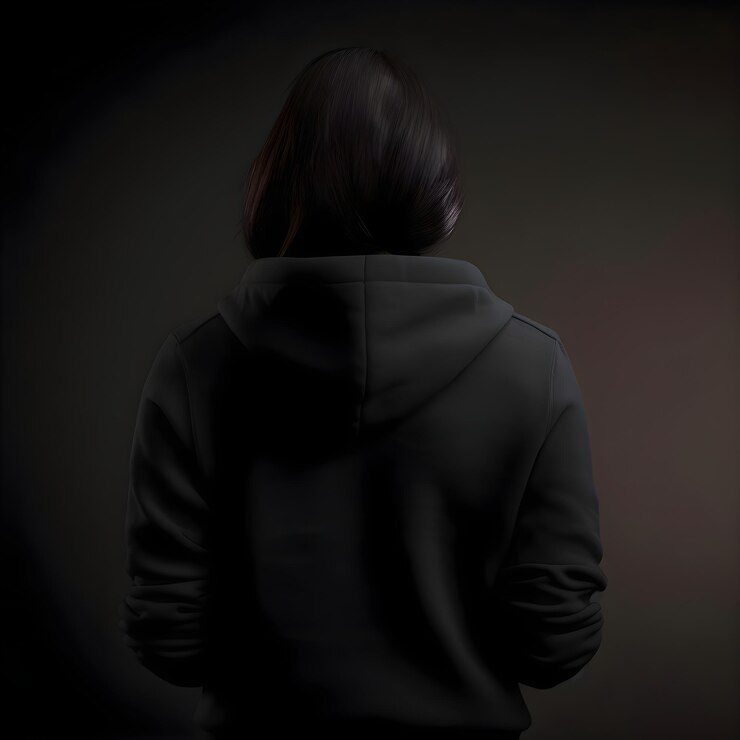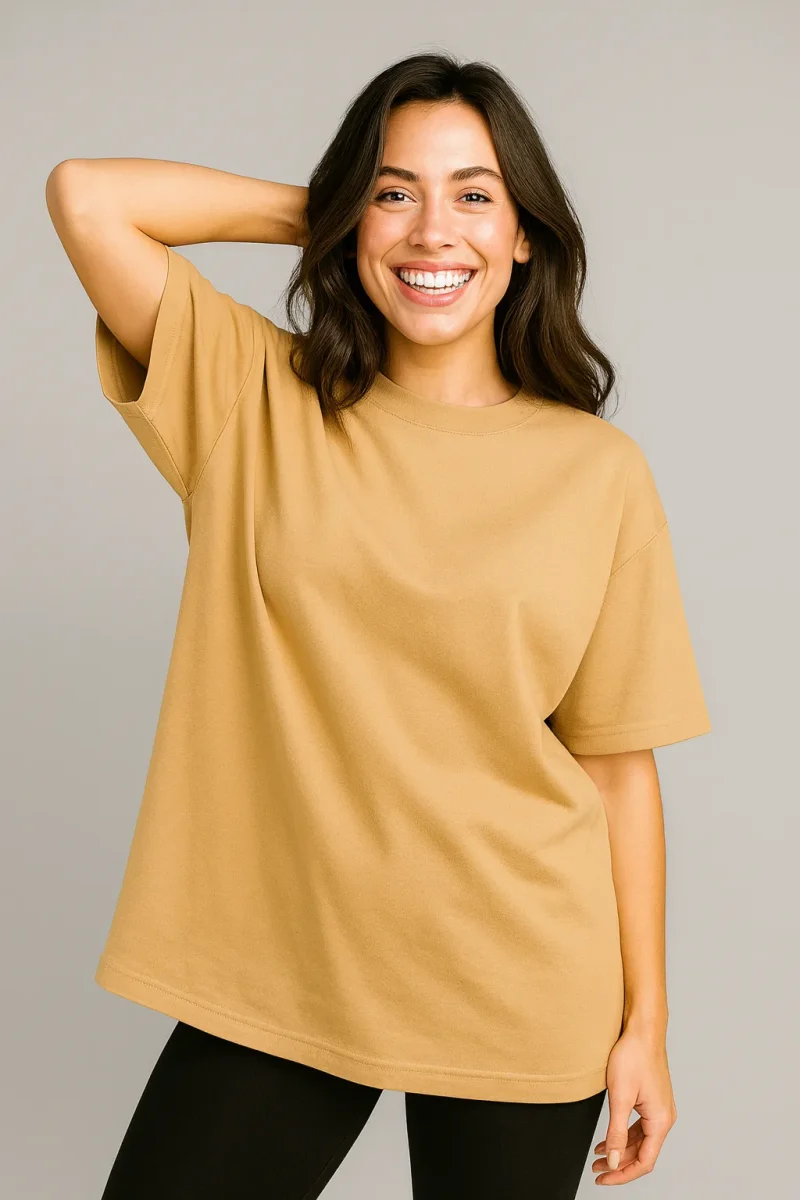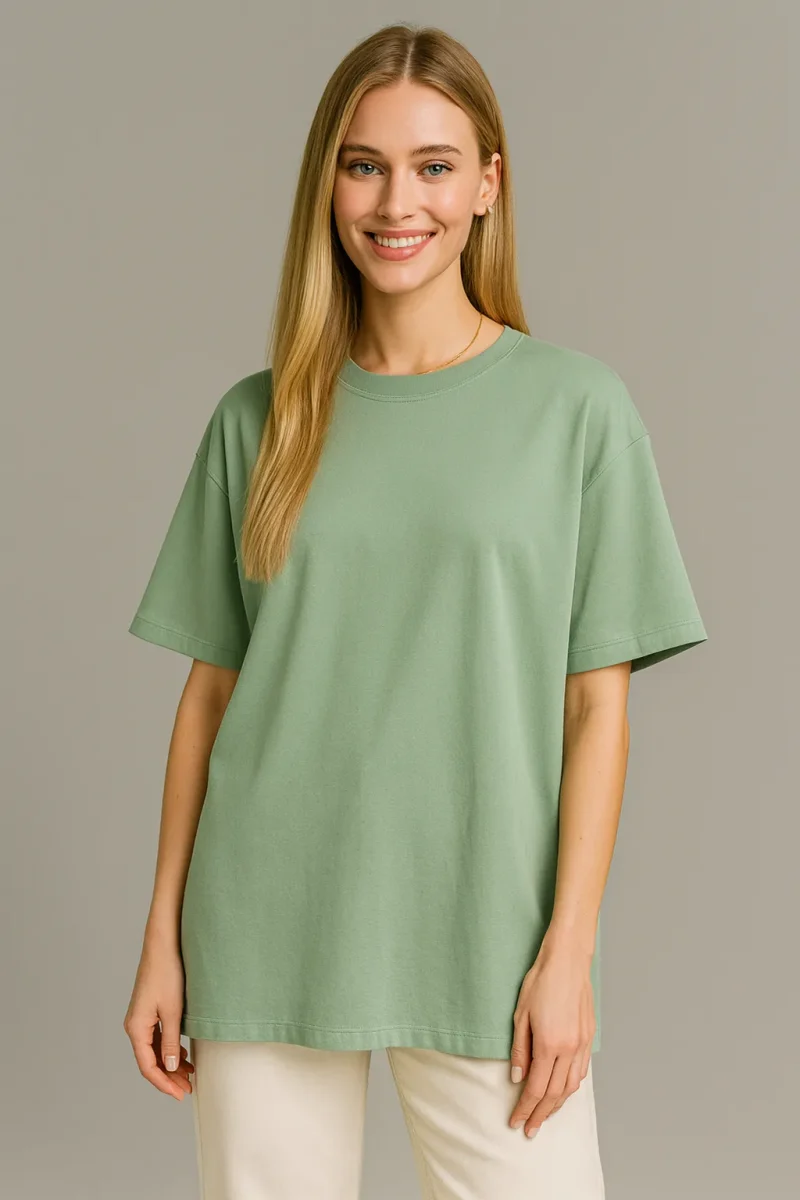
How to embroider a sweatshirt?
Embroidering a sweatshirt is a creative and fun way to personalize your clothing. Whether you’re adding a simple design or creating an intricate pattern, learning how to embroider a sweatshirt can elevate a plain piece of clothing into something unique and customized. In this guide, we’ll walk you through the process, from choosing the right materials to applying the finishing touches. By the end of this article, you’ll have all the information you need to start your embroidery project.
Why embroider a sweatshirt?
Embroidery allows you to express your creativity and transform an ordinary sweatshirt into something truly special. Whether you want to showcase a favorite design, create a personalized gift, or build your brand, embroidery gives you full control over the look and feel of your clothing. Sweatshirts, being made from sturdy, flexible fabric, are ideal for embroidery projects, making them great for both beginners and more experienced embroiderers.
Materials you’ll need
Before you start embroidering, gather the following materials. Having everything ready ensures the process goes smoothly.
1. Sweatshirt
Choose a sweatshirt made of medium to heavyweight fabric, like cotton or a cotton-poly blend. Ensure it’s clean and wrinkle-free before starting.
2. Embroidery thread
Choose high-quality embroidery thread to ensure your design is durable and vibrant. Polyester and cotton threads are the most commonly used for sweatshirts due to their strength and color retention.
3. Embroidery needle
Select an embroidery needle that matches the thickness of your sweatshirt fabric. A larger needle may be needed for thicker sweatshirts to ensure it penetrates the fabric smoothly.
4. Embroidery hoop
An embroidery hoop helps keep your fabric taut while you work. It’s an essential tool for hand embroidery, as it prevents the fabric from bunching or moving.
5. Embroidery stabilizer
A stabilizer is used on the back of the sweatshirt to support the fabric and prevent distortion during embroidery. Tear-away or cut-away stabilizers work well for sweatshirts.
6. Embroidery floss (Optional)
If you’re doing hand embroidery, embroidery floss can be used to create more detailed and intricate designs.
7. Marking pen or chalk
Use a fabric marking pen or chalk to outline your design on the sweatshirt before you start stitching.
Step-by-Step process to embroider a sweatshirt
Now that you have your materials ready, let’s go through the process of embroidering your sweatshirt. This method works whether you’re embroidering by hand or using a machine.
Step 1: Choose your design
The first step is to choose a design that fits your personal style or the theme of the sweatshirt. You can create your own design, download patterns online, or use a pre-made embroidery template. Keep in mind that simple designs are easier to work with, especially if you’re a beginner.
If you’re using a machine, select a digital design compatible with your embroidery machine format. For hand embroidery, you’ll need to draw or trace the design onto the fabric.
Step 2: Prepare the sweatshirt
Lay your sweatshirt flat on a clean surface. Make sure it’s smooth and wrinkle-free. Place the area where you plan to embroider in the embroidery hoop, ensuring the fabric is taut. The hoop will hold the fabric in place, making it easier to work with.
If you’re using an embroidery machine, you’ll also need to hoop your sweatshirt with the stabilizer attached to the back of the fabric.
Step 3: Apply the stabilizer
Using a stabilizer is crucial when embroidering a sweatshirt, as the thicker fabric can easily stretch or distort. For machine embroidery, attach a tear-away or cut-away stabilizer to the inside of the sweatshirt. For hand embroidery, you can use a water-soluble stabilizer if you want to remove it completely after finishing.
Step 4: Mark the design
Using your fabric marking pen or chalk, carefully outline the design on the sweatshirt. This guide will help ensure your embroidery follows the intended pattern. If you’re using a machine, the design will be digitally printed onto the fabric, so this step may not be necessary.
Step 5: Start embroidering
Hand embroidery:
If you’re embroidering by hand, thread your needle with embroidery floss. Start stitching your design by following the outline you marked earlier. Use basic stitches like the backstitch, satin stitch, or French knot to bring your design to life. Continue stitching until the entire design is complete, ensuring that the fabric stays taut in the hoop.
Machine embroidery:
For machine embroidery, load your design into the machine. Set up your sweatshirt in the machine with the stabilizer in place and let the machine do the work. Make sure the fabric is aligned and check the progress regularly to ensure the embroidery is going smoothly.
Step 6: Finishing touches
Once your embroidery is complete, remove the sweatshirt from the hoop. If you used a tear-away stabilizer, gently remove it from the back of the fabric. For cut-away stabilizers, trim the excess material around the design. If you used a water-soluble stabilizer, rinse the fabric with water to remove any remaining product.
Step 7: Press the embroidery
To finish, carefully press the embroidered area using a low-heat iron. Place a cloth between the iron and the embroidery to protect the stitches and prevent any damage. This step helps smooth out any wrinkles and gives the embroidery a polished look.
Caring for your embroidered sweatshirt
To keep your embroidered sweatshirt looking new and vibrant, follow these care instructions:
- Wash inside-out: Washing the sweatshirt inside-out helps protect the embroidery from wear and tear.
- Use cold water: Wash in cold water on a gentle cycle to avoid stretching or shrinking the fabric.
- Avoid the dryer: Air-dry the sweatshirt to prevent heat damage to the embroidery and fabric.
- Iron carefully: If ironing is necessary, use a low-heat setting and avoid direct contact with the embroidered area.

FAQs
1. What kind of thread is best for embroidering a sweatshirt?
For embroidering a sweatshirt, polyester and cotton threads are the most suitable. Polyester threads are strong and resistant to fading, making them ideal for frequently washed garments like sweatshirts. Cotton threads, while less durable, offer a natural, matte finish that can be more appealing for certain designs.
2. Can I embroider a sweatshirt without using a stabilizer?
It is not recommended to embroider a sweatshirt without using a stabilizer, as the fabric may stretch or distort during the embroidery process. Stabilizers provide essential support to keep the stitches smooth and prevent puckering. For the best results, always use a tear-away or cut-away stabilizer depending on the complexity of your design.
3. Is hand embroidery or machine embroidery better for a sweatshirt?
Both hand embroidery and machine embroidery have their advantages. Hand embroidery offers a personal, artisanal touch and allows for more creative control over each stitch. Machine embroidery, on the other hand, is faster and ideal for more complex or intricate designs. The choice depends on your preferences, time, and experience level.
4. How do I transfer a design onto a sweatshirt for hand embroidery?
To transfer a design for hand embroidery, you can use a fabric marking pen, chalk, or an iron-on transfer paper. Draw or trace your design onto the fabric using one of these methods, ensuring the lines are light enough to be covered by your stitches. Water-soluble markers are also a good option, as the ink will disappear after washing.
5. How do I avoid puckering when embroidering a sweatshirt?
To avoid puckering, make sure the fabric is tightly secured in the embroidery hoop, and use a stabilizer that is appropriate for the fabric weight. Avoid pulling the thread too tightly, as this can cause the fabric to bunch up. Properly hooping the fabric and using the correct needle size will also help prevent puckering.
Share:
Most Popular


How to Create a Signature Look?

Minimalist Fashion for Men

Cotton vs polyester t-shirts
Related Posts

How To Build a Minimalist Wardrobe?
In a world flooded with fast fashion and cluttered closets, the minimalist wardrobe has become a refreshing alternative. It’s not

How to Create a Signature Look?
In a world overwhelmed with fast fashion, fleeting trends, and influencers setting new rules every week, establishing a signature look

Minimalist Fashion for Men
In a world driven by trends and consumerism, minimalist fashion has emerged as a bold yet quiet rebellion. For men,

Cotton vs polyester t-shirts
When shopping for t-shirts, one of the first choices you’ll face is the fabric — often cotton or polyester (or


